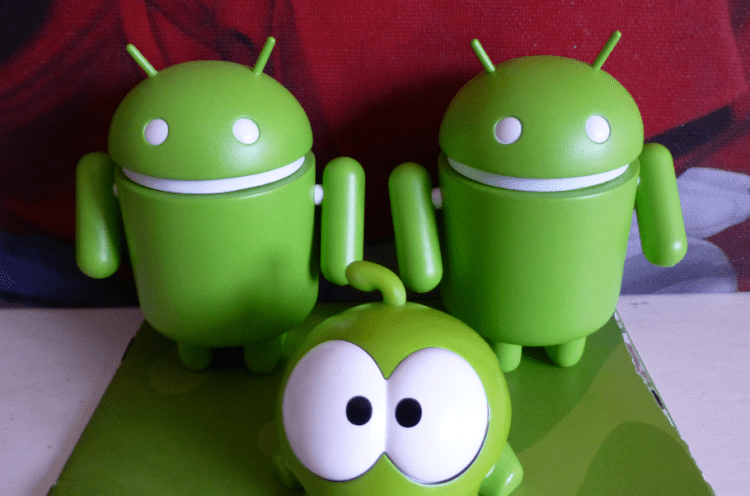Like battered boxers returning to their grudge match, Apple and Samsung threw charges at each other yesterday as their second U.S. patent trial opened in a San Jose, Calif., federal courtroom.
Apple: Samsung violated five iPhone-related software patents. Samsung: Apple infringed two of its patents.
But Samsung says the real target of this trial is not its devices.
Instead, it says, this is the newest phase in the “holy war” against Android that Apple co-founder and CEO Steve Jobs declared in a 2010 email – which Samsung presented to the court on Tuesday. (Apple has also sued Android device makers HTC and Motorola.)
Apple is seeking over $2 billion in damages and the removal of Samsung’s violating products from sale in the U.S., while Samsung wants a mere $7 million. But that’s only on one front. Other legal battles between these two, the largest phone makers, have been raging around the planet, from Europe to Australia.
In 2012, a previous U.S. trial over hardware-related patent issues — featuring the same presiding judge — resulted in an award to Apple of over $1 billion for Samsung infringements. Apple was cleared of any wrongdoing, and the award was subsequently reduced to $930 million.
On Monday, 10 jury members for this new trial were selected, but illness for one and financial hardship for another have reduced that number.
“Samsung recognized that it simply did not have a product that could compete successfully against the iPhone,” Apple lead attorney Harold McElhinny told the jury of eight on Tuesday. “They chose to use our inventions because they believed that those inventions were fundamental to success.”
Philip Schiller, Apple’s head of worldwide marketing, took the stand to say that iPhone-like features in Samsung’s devices hurt Apple’s reputation for innovation. But, under questioning from Samsung’s lawyers, he acknowledged that, as a non-lawyer, he wasn’t well versed in what might constitute a patent violation.
Apple lawyers also showed to the jury internal Samsung slides, including one highlighting the “slide to unlock” feature that Apple said is theirs.
For its part, Samsung is saying that Android-creating engineers from Google had been working on some of these features before the iPhone showed up. Samsung also claims that two Apple features — FaceTime video-calling and photo services – infringe its patents.
A key strategic question is whether this latest legal demolition derby, primarily over software, will get Apple any place that changes the competitive landscape. Florian Mueller, an intellectual property analyst who runs the well-regarded Foss Patents site, doesn’t think so:
User interface patents are what Apple hoped to gain leverage from. But just like Apple couldn’t monopolize graphical user interfaces in earlier decades (it didn’t invent the GUI anyway but “stole” it) and Microsoft Windows became the mass-market platform, Apple now can’t prevent Android devices from doing to the iPhone and the iPad what Windows PCs did to the Mac.
{…}In 49 months of litigation, not one Apple patent has proved thermonuclear in terms of the Holy Grail combination of being (i) valid, (ii) infringed, and (iii) impossible to work around without massive commercial implications. Otherwise Android wouldn’t have the market share it has. And it wouldn’t have that market share if Google and Samsung and others were the kinds of copycats Apple makes them out to be.
VentureBeat's mission is to be a digital town square for technical decision-makers to gain knowledge about transformative enterprise technology and transact. Learn More

